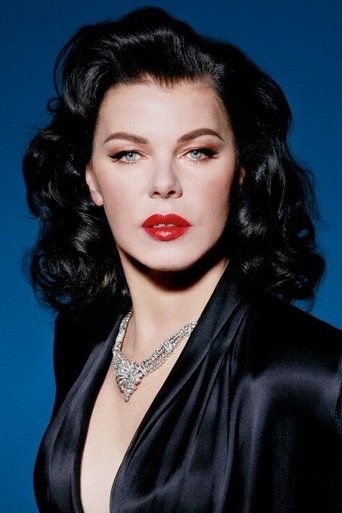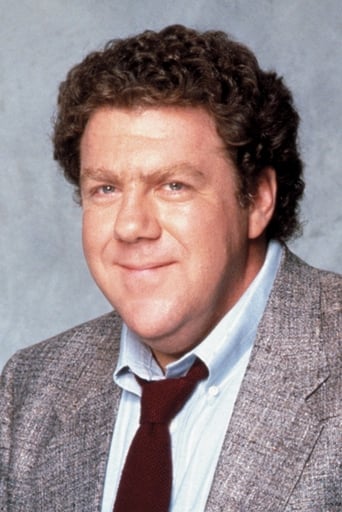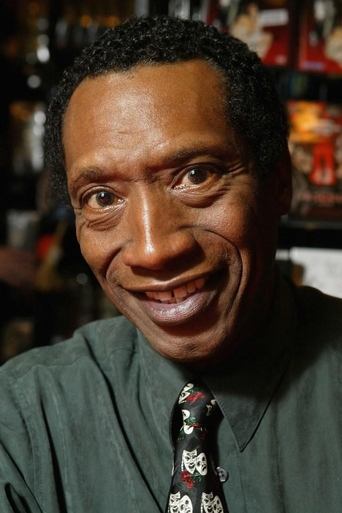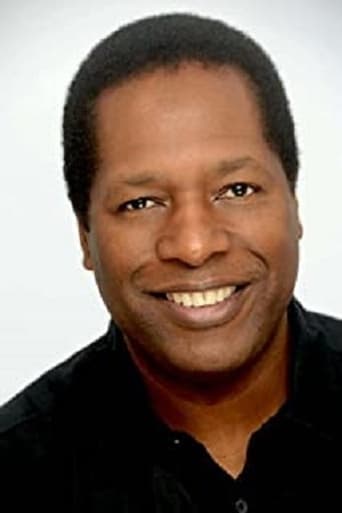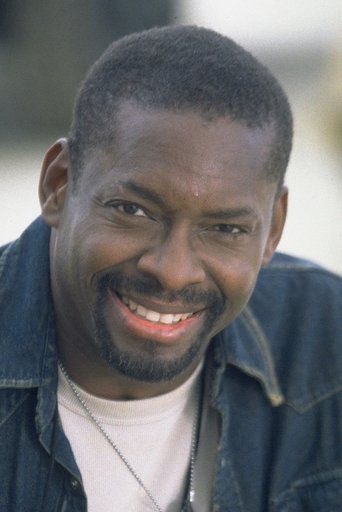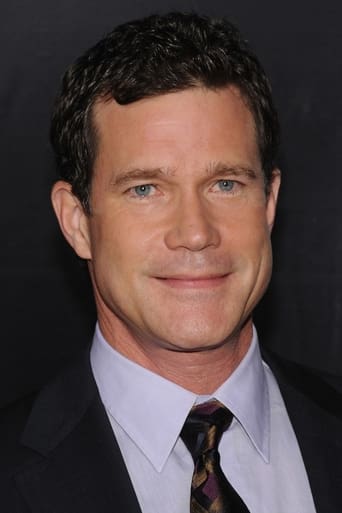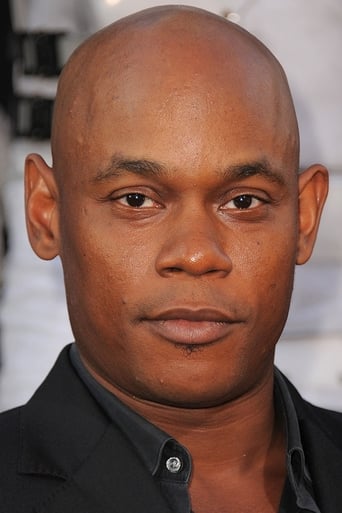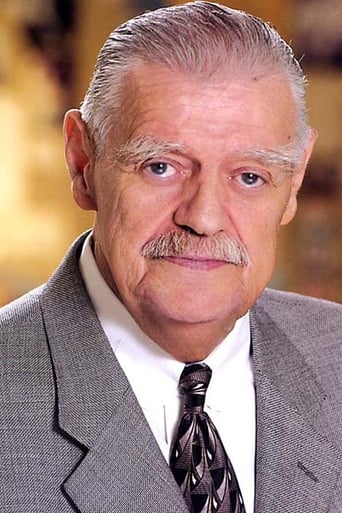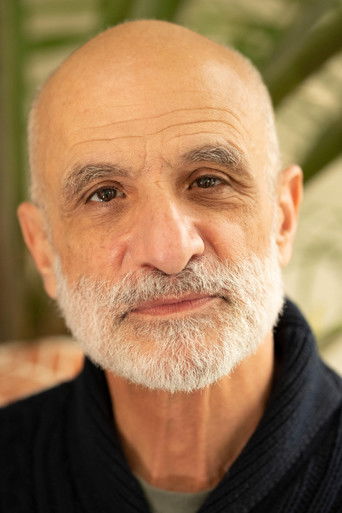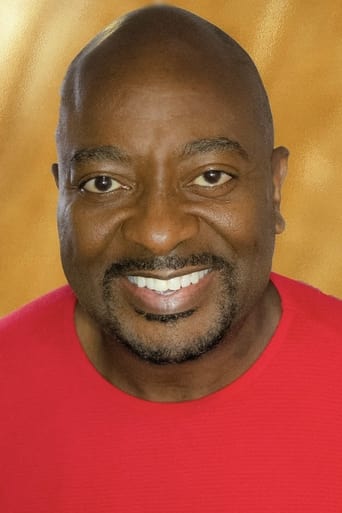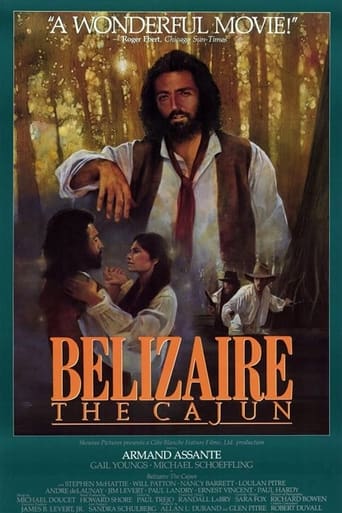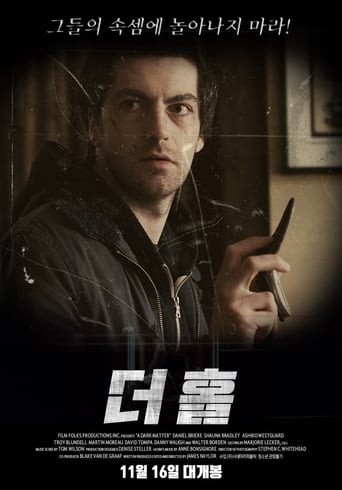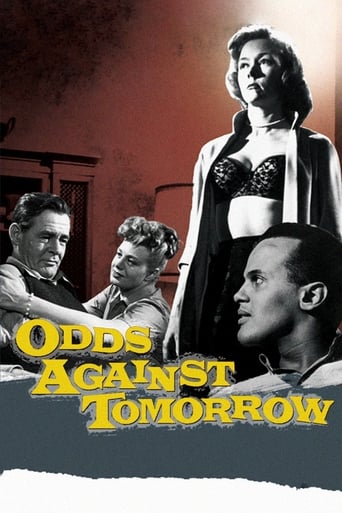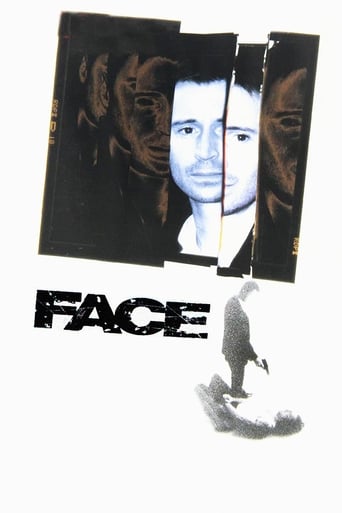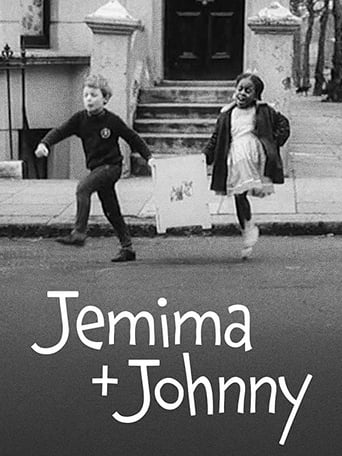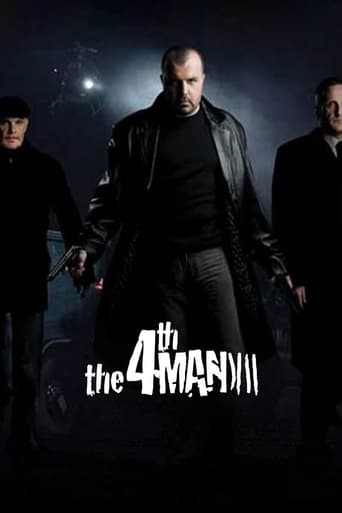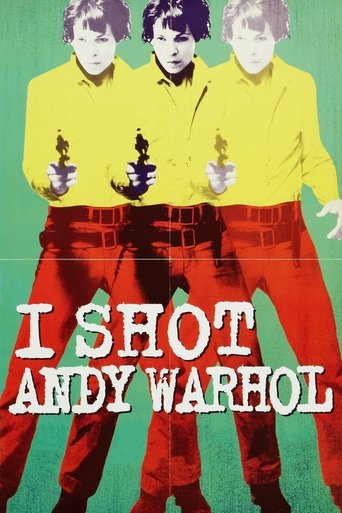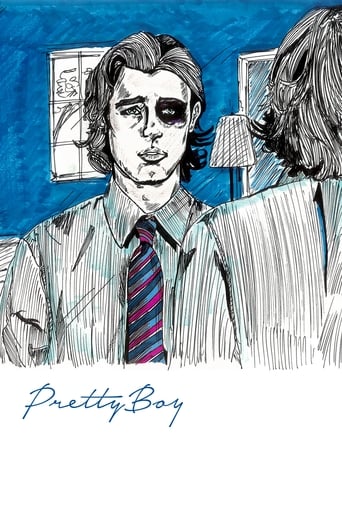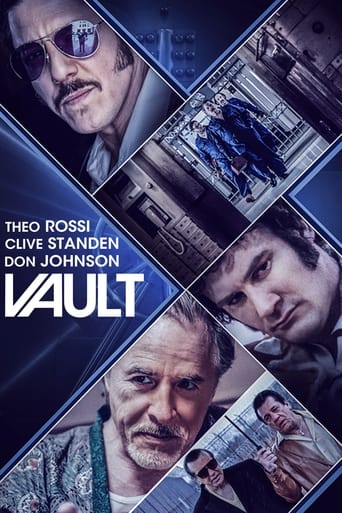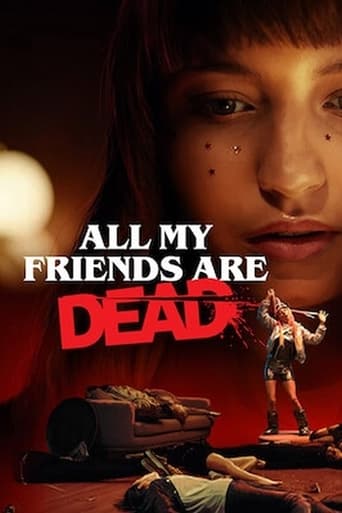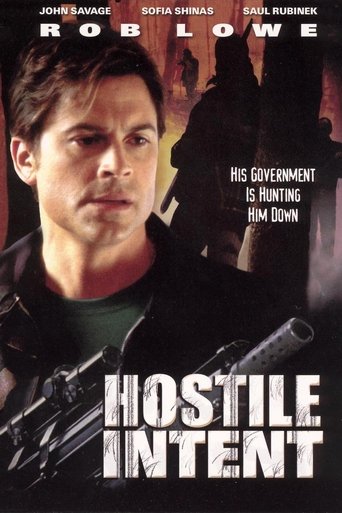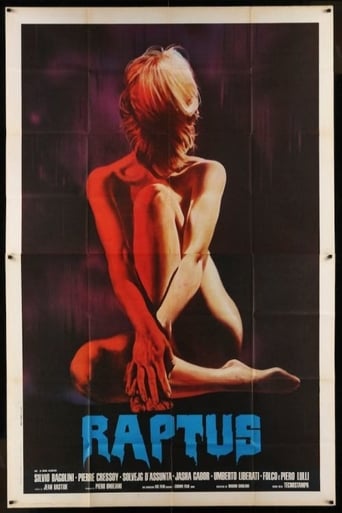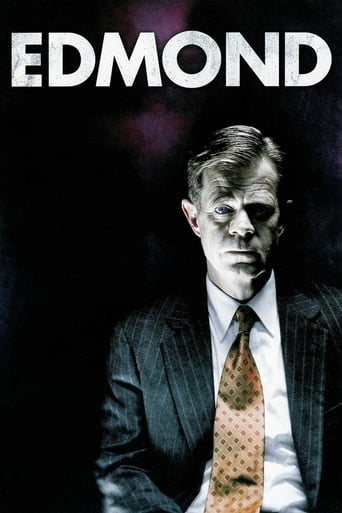










Edmond (2005)
Seemingly mild-mannered businessman Edmond Burke visits a fortuneteller and hears a remark that spurs him to leave his wife abruptly and seek what is missing from his life. Encounters with strangers and unsavory people weaken the barriers encompassing his long-suppressed rage, until Edmond explodes in violence.
- Stuart Gordon
- David Mamet
- David Mamet
Rating: 5.918/10 by 190 users
Alternative Title:
Submundo - BR
Country:
United States of America
Language:
English
Runtime: 01 hour 22 minutes
Budget: $10,000,000
Revenue: $0
Plot Keyword: new york city, prostitute, fortune teller, sex shop, murder, prejudice, racism, pawnshop, bipolar disorder
It never hurts a movie to have both William H. Macy and Joe Mantegna, not least because there’s a good chance it’s a David Mamet film. Mantegna appears briefly in Edmond, adapted by Mamet from his one-act play and directed by Stuart Gordon, but his intervention is key. Edmond Burke (Macy) encounters Mantegna’s character in a bar, and after the two bond over their shared racism, the latter gives the former a card with the address of a nightclub, but which Edmond momentarily sees as a Tarot card: the Hierophant. This is ironic because the Hierophant is believed to bring religious worshipers into the presence of what is sacred, and in The Rider-Waite Tarot Deck it represents conformity to social norms or a deference to the established moral and social order, being a guide to knowledge, perception and wisdom. Thus, in the Apollonian guise of the Hierophant, Mantegna is actually a Dionysian agent, gently nudging Edmond toward the profane and immoral, and into an downward spiral of hatred, ignorance, and crime. The protagonist’s name is equally ironic. Edmond is related to Edmundi, which itself is derived from the Old English ēad, meaning “prosperity” or “riches”, and mund, meaning “protector.” During the course of this fateful night, however, we see Edmond haggling fruitlessly with prostitutes, and generally illustrating the proverb 'a fool and his money are soon parted.' Additionally, more than a protector, Edmond becomes someone to be protected from. Edmond is an utterly vile and despicable being, concerned exclusively with sex and money — specifically how much of the latter he's willing to part with in exchange for the former (Macy's performance is notable for making Edmond a human scum without entirely repelling us; his company is abhorrent and at the same time fascinating). His victims are not shown in a much more positive light, though; they are no better than Edmond, only slightly less bad. For instance, the African-American man that Edmond beats up within an inch of his life, each blow accompanied by a racist slur, tried to mug Edmond whilst pretending to be a pimp. And when Edmond finally manages to hold sexual congress — ironically with the only woman he approaches who is not a prostitute —, she turns out to be just as intolerant as he is. Edmond nonetheless kills her because she, an aspiring actress, refuses to admit she’s nothing but a glorified waitress. Gordon and Mamet don't just condemn white male supremacy; they accuse society as a whole — everyone is accountable (although some more than others, and Edmond certainly receives a punishment proportional, not only to his crime, but also to his racism and homophobia); it’s only when Edmond is isolated from that society that Mamet and Gordon denounce, only when he himself severs any tenuous ties that might bind him to the outside world, that he finds some sort of redemption, and learns to love his fellow man — literally as well as figuratively.













